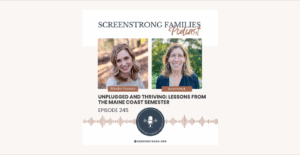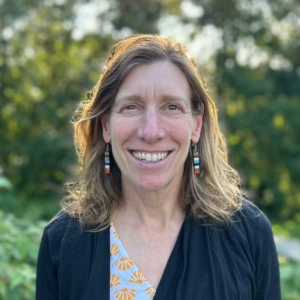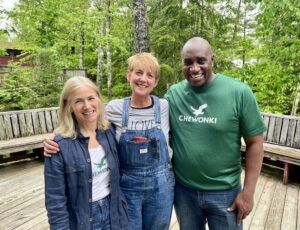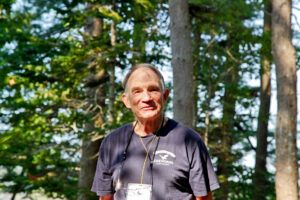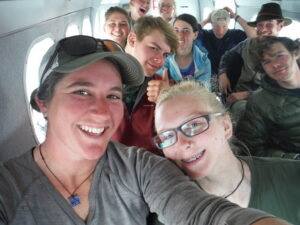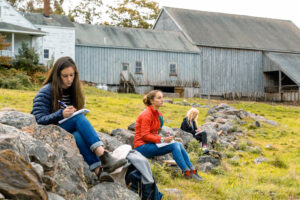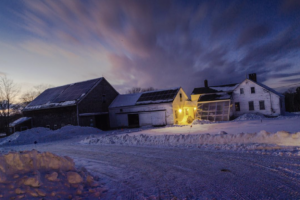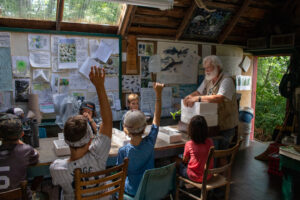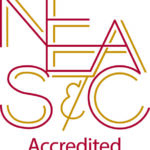When COVID-19 descended on Maine last spring, Chewonki, like all educational institutions, came to a near standstill. Maine Coast Semester 64 and Chewonki Elementary School students went home. School programs were suddenly wiped off the calendar. Summer programs? What summer programs? Boys Camp, Girls Camp, and Leadership Expeditions were scratched from the docket. An eerie stillness hung over Chewonki Neck.
Not everything stopped, however. An effort to upgrade Chewonki’s healthcare facilities and services, sparked by trustee Karen Scheu, had begun before the pandemic and suddenly accelerated when it became clear that top-notch health services would be the key to getting students and staff safely back to Chewonki.
The challenge was daunting, the learning curve steep, and there was not a moment to spare. Today, thanks to Scheu’s vision, funding from her family’s charitable giving vehicle, the Abele Family Foundation, and heroic work by the Chewonki facilities team, the Health and Wellness Committee, and OPAL architects, Chewonki is rolling, with bright, efficient, functional healthcare facilities and larger nursing staff ready to handle whatever arises, COVID or no COVID. Maine Coast Semester and Chewonki Elementary and Middle School have been in full swing since September and Camp Chewonki restarted in June.
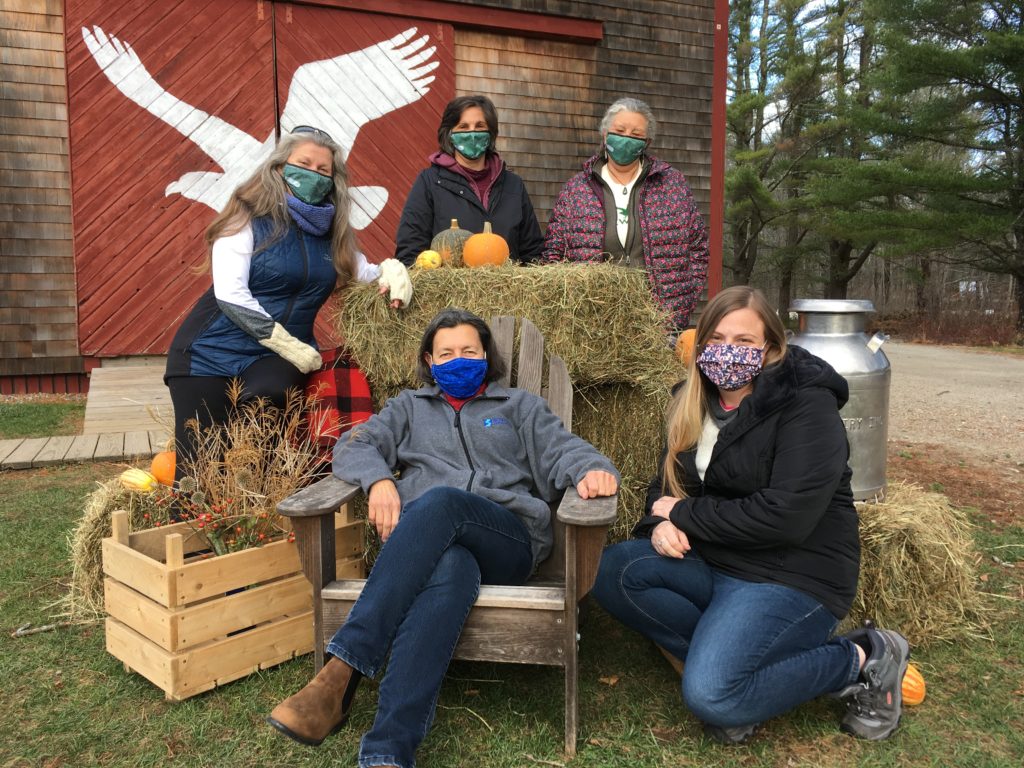
“It’s almost a miracle,” says Chewonki President Willard Morgan. “The revitalization of our healthcare facilities and program had begun, but the pandemic created an emergency we had to manage very, very quickly. We were extremely fortunate to have Karen’s expertise and generous funding from the Abele Family Foundation to make this possible. Thanks to their leadership, young people can come to Chewonki at a time when they deeply need a sense of safety, belonging, and joy, and a nurturing connection to the natural world.”
No one at Chewonki during the first 90 or so years could have imagined how healthcare needs would evolve as Chewonki grew. Nurses in earlier years were kept busy with cases of poison ivy, too many blueberries, bee stings, bedwetting, homesickness, cuts, scapes, and the odd summer cold. Those problems are still present, of course, today, but the Chewonki nurses of today also field a host of more complex problems and a much larger community: over 2,000 young people pass through Chewonki programs each year, add 90 year-round staff members, and another 150 summer staff, and you have a case-load that exceeds many small clinics. Reflecting national trends, Chewonki has also seen increases in food allergies, Type 2 diabetes, mental health issues, and attention deficit disorders, not to mention tick bites and browntail moth rashes, once rare. In parallel, there has been a dramatic increase in medication use with minors, which must be carefully administered and monitored.
On the upside, a better understanding of what constitutes good health has brought mindfulness, yoga, and reiki to healthcare. The benefits of good nutrition and exercise are widely known. And technical advances such as easy-to-carry epinephrine injectors and inhalers have opened opportunities for more children and adolescents to venture into the outdoors.
These burdens and benefits began to weigh on Chewonki’s healthcare system as it began to outgrow its modest infirmary, once housed in a simple cabin, in the 1990s. The staff eventually created a new home for healthcare in the Wallace Center’s ground-floor space, originally designed for housing and storage. The community and medical complexities continued to expand, however, putting heavy demands on nurses and the facility itself.
Karen Scheu, who joined Chewonki’s board of trustees in fall 2019, noticed that the healthcare needs of Chewonki had grown. As a Family Nurse Practitioner, she began thinking about how to help. Karen offered to kick off an effort to update and improve Chewonki’s healthcare system, beginning with a complete assessment.
A Health and Wellness Committee, including Scheu, was formed and chose Elevate Health Consulting, a firm with extensive school experience, to inventory Chewonki’s needs and make recommendations.
When the pandemic hit, however, the focus shifted almost immediately to how to make Chewonki safe for students and staff so that at least some programs could reopen.
Deep into the first wave of Covid-19 closures, it became clear that expanding the healthcare facilities and growing the nursing staff was now top priorities. Last spring, Maine-based OPAL architects began designing renovations in both the Wallace Center infirmary and the Warren, a multi-unit dormitory designated for quarantine space.
Facilities Manager Carob Arnold and his team began installing hand-sanitizer dispensers and hand-washing sinks as the OPAL team drew new spaces. It was a bit like waiting for Houston to call the astronauts to the rocket for lift-off.
“Some of the highest anxiety for me and my team was waiting for the design process to play out,” Arnold remembers. When they got the go-ahead in mid-June, they knew that completing the work before Maine Coast Semester 65’s opening day in early September would be “a Herculean amount of work,” especially as COVID-related breaks in supply chains began to delay deliveries. “It was a very tight timeframe,” says Arnold. “We were flat out all summer, just crushing it. We were working weekends, the contractors were working weekends…”
They gutted the old Wallace health center and constructed a new waiting room, triage room, treatment/medication room, and nurses’ station; supply space; a bedroom and bathroom for an overnight nurse; and three recovery rooms. They improved ventilation and installed new flooring and lighting. The interior of the Warren was redesigned to allow a COVID-positive patient to be isolated short-term with a nurse and a family member until being moved home or to a hospital. “And what’s really cool is that we have never had to use it for a COVID case,” says Arnold.
After upgrading facilities and hiring Director of Health Services Sue Childress [see sidebar] and four nurses, Chewonki’s next priority is responding to a list of recommendations generated by Elevate Health and Chewonki’s Health and Wellness Committee. This next phase includes creating an integrated healthcare curriculum for the whole of Chewonki. Executive Assistant and Special Projects Manager Anne Schlitt, who is helping to guide the project, explains, “We are asking ourselves, Where does healthcare fit into the work of Chewonki? What kind of structure is required to support it?’”
Vice President for Schools and Health Services Susan Feibelman elaborates: “Elevate Health’s findings have helped us better understand the relationship between a robust, multifaceted health services program and the work we do in our camps and schools. It’s always been part of our philosophy to hold the whole child. Excellent healthcare is intrinsic to carrying out that mission.”
The Abele Family Foundation’s support made this deep thinking and updated facilities possible. “It was absolutely a game-changer,” says Feibelman, “and we are very grateful. Chewonki as a whole is now better prepared than ever to meet today’s needs in highly professional, holistic, and compassionate ways.”
Amidst pandemic pandemonium, the evolution of Chewonki’s healthcare system has been a silver lining. And the laughter and conversation rising again from the Quad?
That’s golden.
